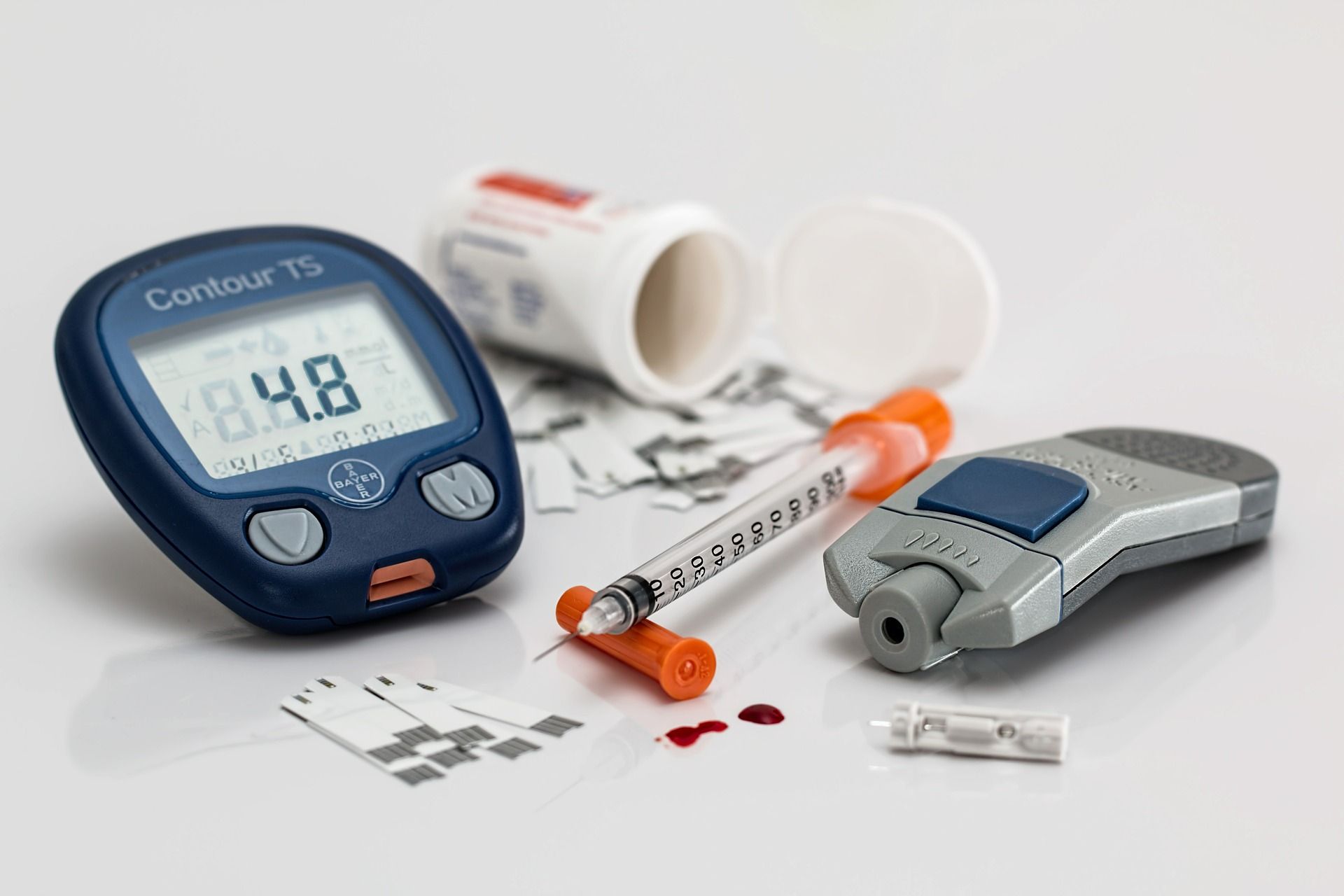it was there that she also learned about the drug ozempic, approved to treat type 2 diabetes with the side effect of weight loss.
“i was on that for a bit, it helped and i lost weight. my meals were cut in half of what i normally had [because] i just was not feeling overly hungry anymore.”
in 2020, however, when moore and her husband wanted to start a family, her endocrinologist told her to go off ozempic because it has not been tested for safety in people who plan to become pregnant. she’s now on insulin and metformin, a drug that also treats pcos, which she ultimately was diagnosed with after the earlier test came back negative.
“last november, when we were doing the fertility testing through an obstetrics doctor, we found out that i had gone seven years without being diagnosed with pcos, which leads into diabetes,” she says. “the other doctor only did a blood test; he did not follow up with an ultrasound to see the state of my ovaries. so if this had been caught sooner, things would have been completely different.”
moore says her medications are covered by a combination of health plans from saskatchewan health care, her work insurance, and the special support plan suggested to her by a pharmacist. her continuous glucose monitor is only covered via her employee insurance, but she must pay for it upfront, which costs $299 a month, and get reimbursed later.
 7 minute read
7 minute read




















